A federal judge ruled that selectively prosecuting far-right groups while ignoring similar acts by far-left groups is “constitutionally impermissible.”
This decision has reignited debates on equal protection and free speech.
Charges Dismissed
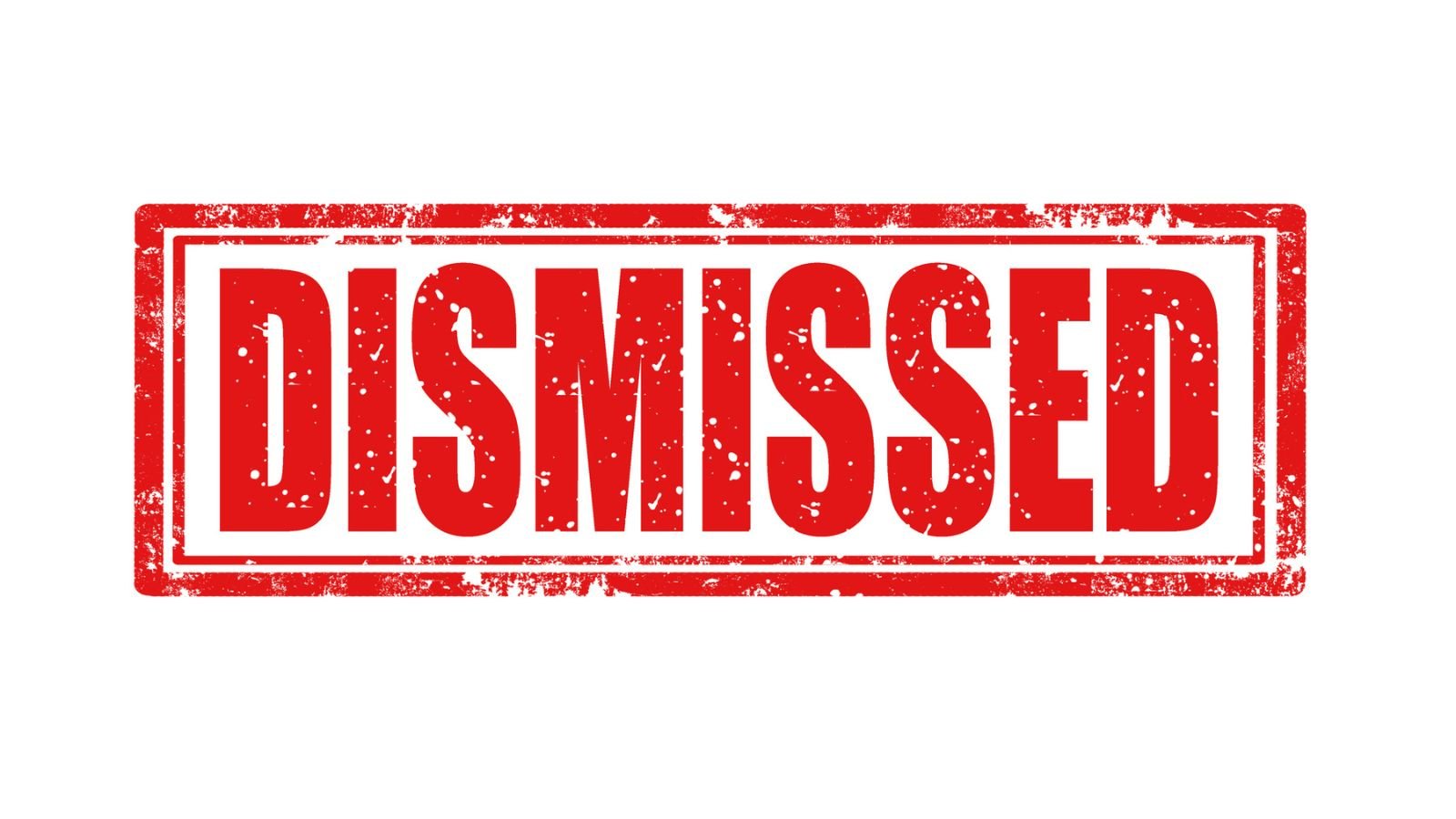
U.S. District Judge Cormac Carney dismissed charges against two men from the “white nationalist” Rise Above Movement.
They were previously charged with clashing violently with Antifa members at pro-Trump events.
Importance of Equal Protection

In a detailed 35-page order, Judge Carney emphasized the necessity of equal protection under the law.
He highlighted that targeting only one group for prosecution was unjust.
First Amendment Rights

Judge Carney stressed that protecting First Amendment rights, even for controversial or hateful speech, is fundamental.
He argued for upholding these rights universally, regardless of the speaker’s identity or beliefs.
The Basis of Dismissal
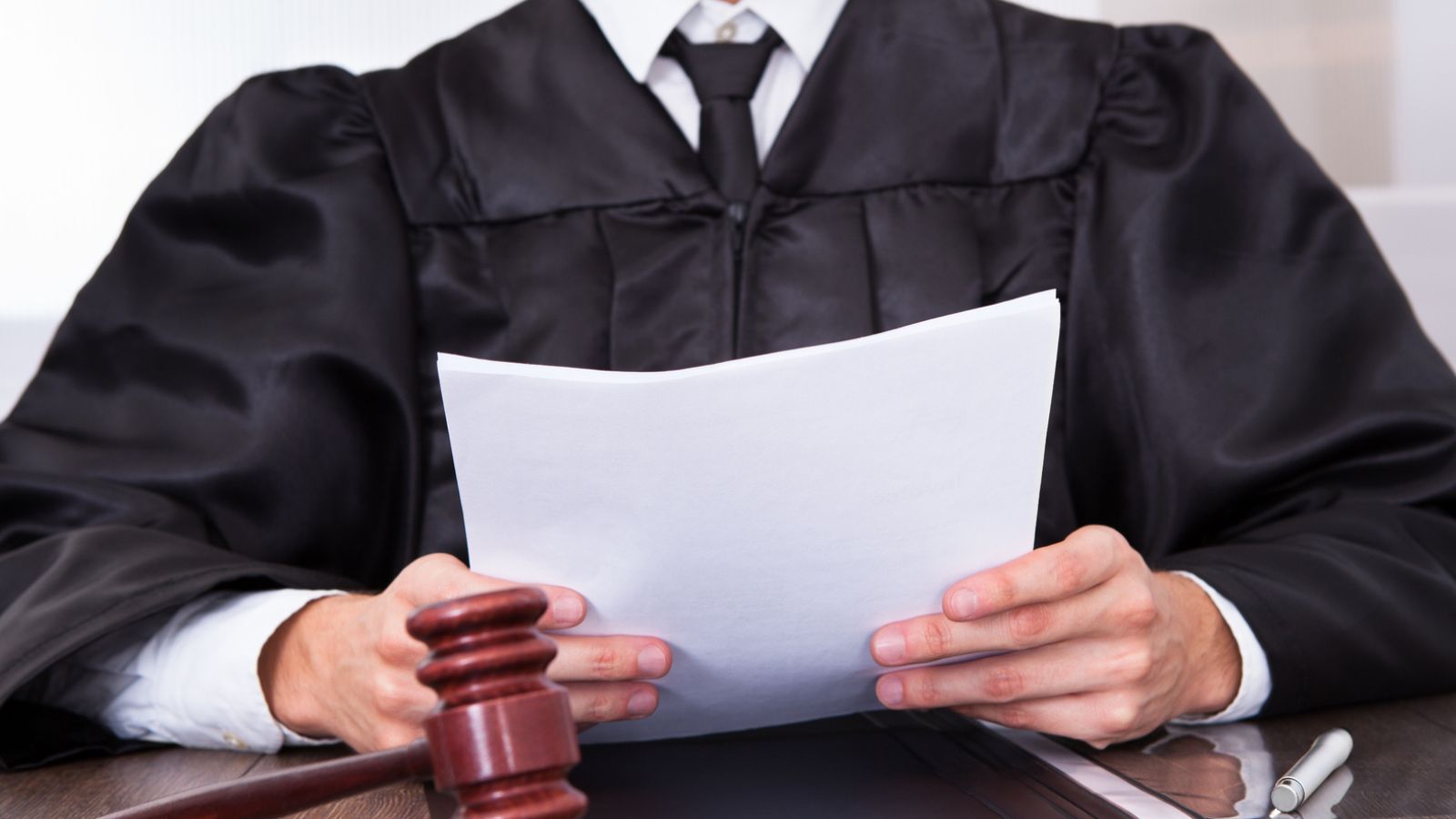
The judge found the exclusive targeting of RAM members without charging Antifa members involved in similar acts as flawed.
This selective prosecution was deemed to undermine the principles of free speech.
Universal Constitutional Protections
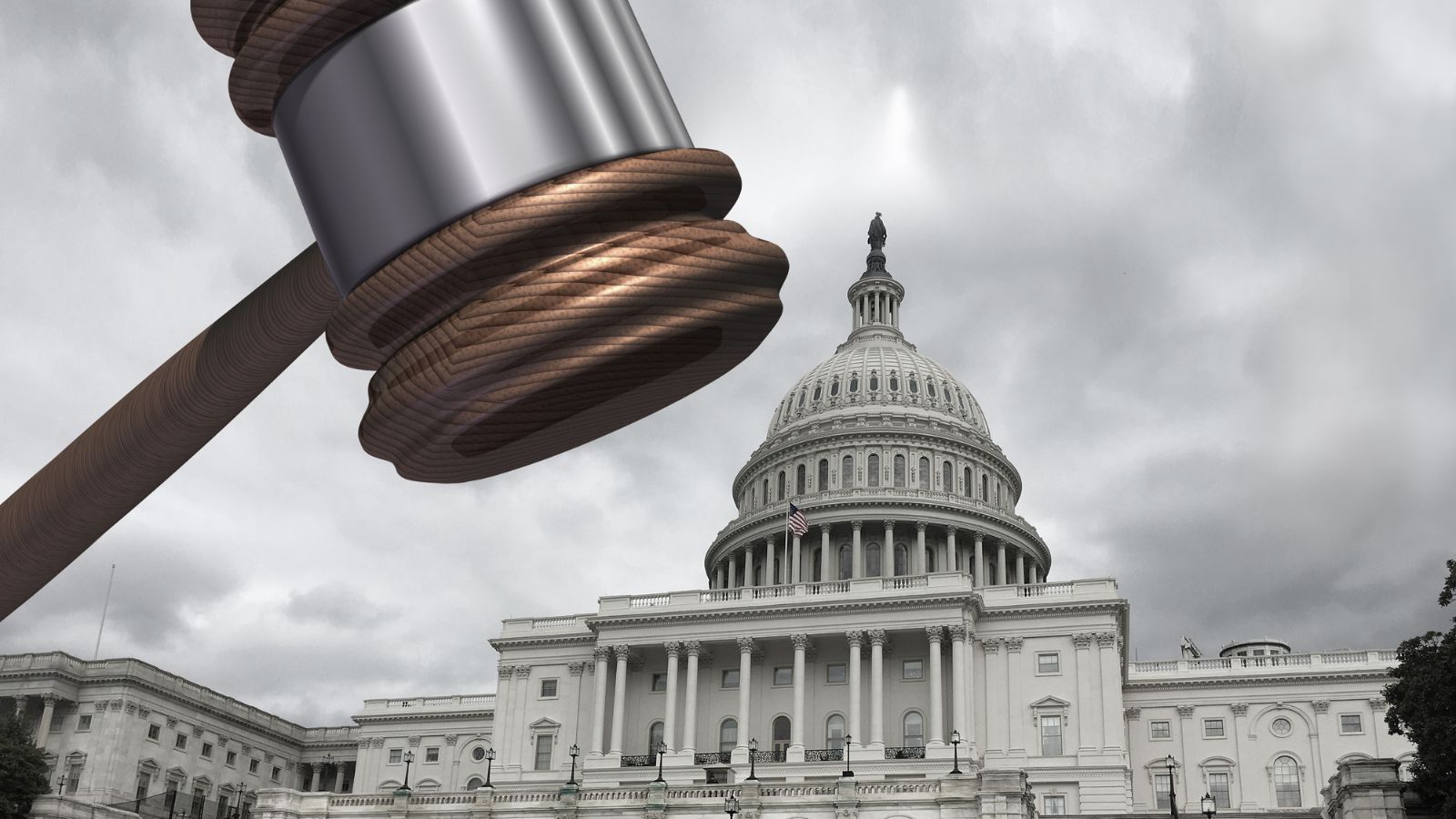
Carney underscored the Constitution’s impartiality, stating that it protects all individuals equally.
This includes those with differing and even opposing views.
The Context of Violence

The dismissed charges stemmed from violent incidents at several Southern California events supporting Donald Trump in 2017.
This period was marked by significant political unrest and polarization.
Legal Proceedings and the Anti-Riot Act

Initially charged under a federal anti-riot statute, the defendants’ case saw various legal turns, including a dismissal and subsequent reinstatement of charges.
The case’s complexity was underscored by debates over the Anti-Riot Act’s application.
Selective Prosecution Challenge

Judge Carney ultimately agreed with the defendant’s claim that they were victims of selective prosecution.
This decision highlighted concerns about fairness and equality in legal enforcement.
Implications for Free Speech

The dismissal raises critical questions about how to balance the protection of free speech with the need to prevent violence.
It also puts a spotlight on the government’s role in ensuring that balance.
Equal Application of the Law
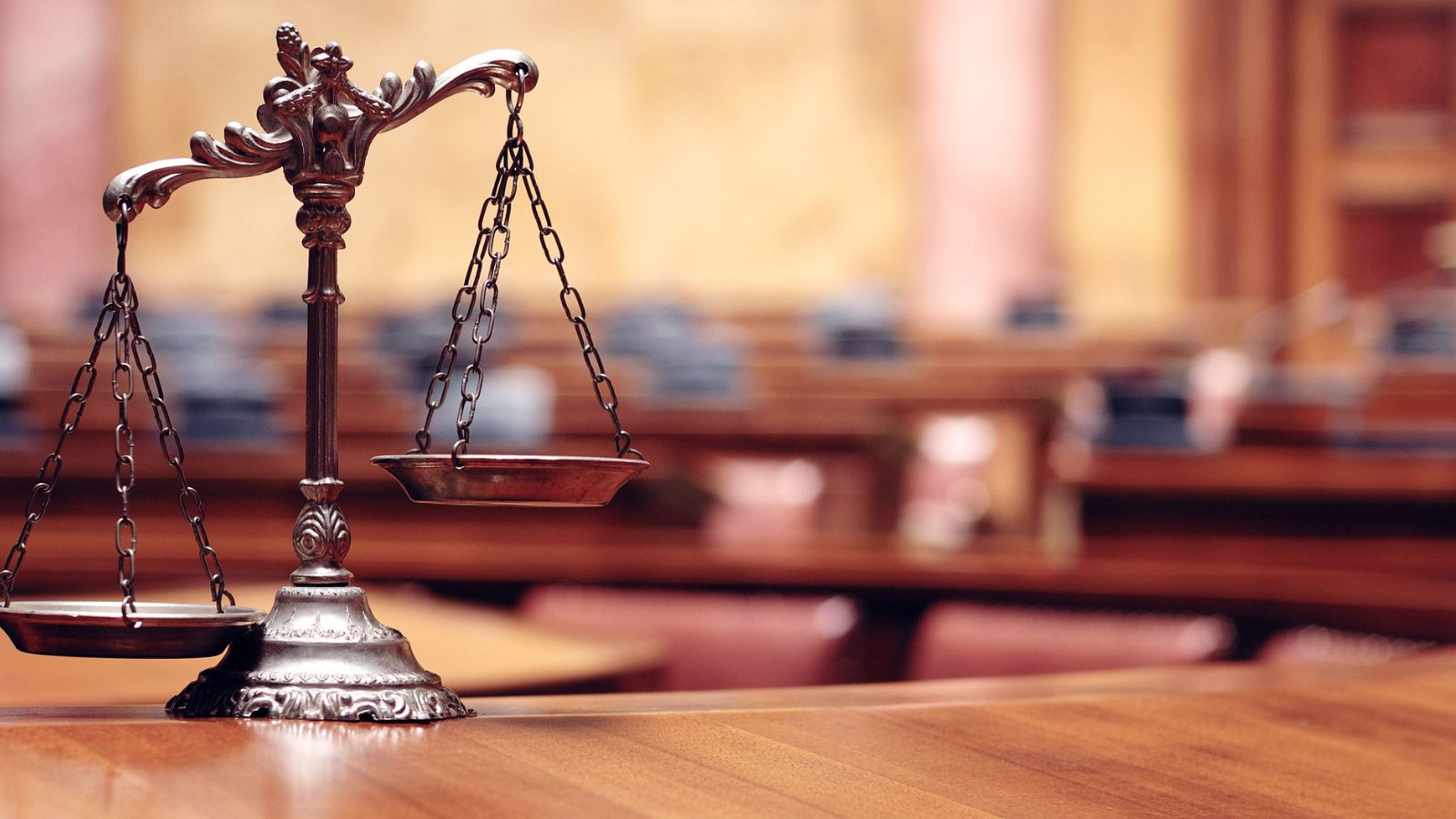
The ruling pointed to a discrepancy in how similar violent acts by different groups are prosecuted.
Carney called for an unbiased application of the law to uphold constitutional rights.
Government’s Responsibility
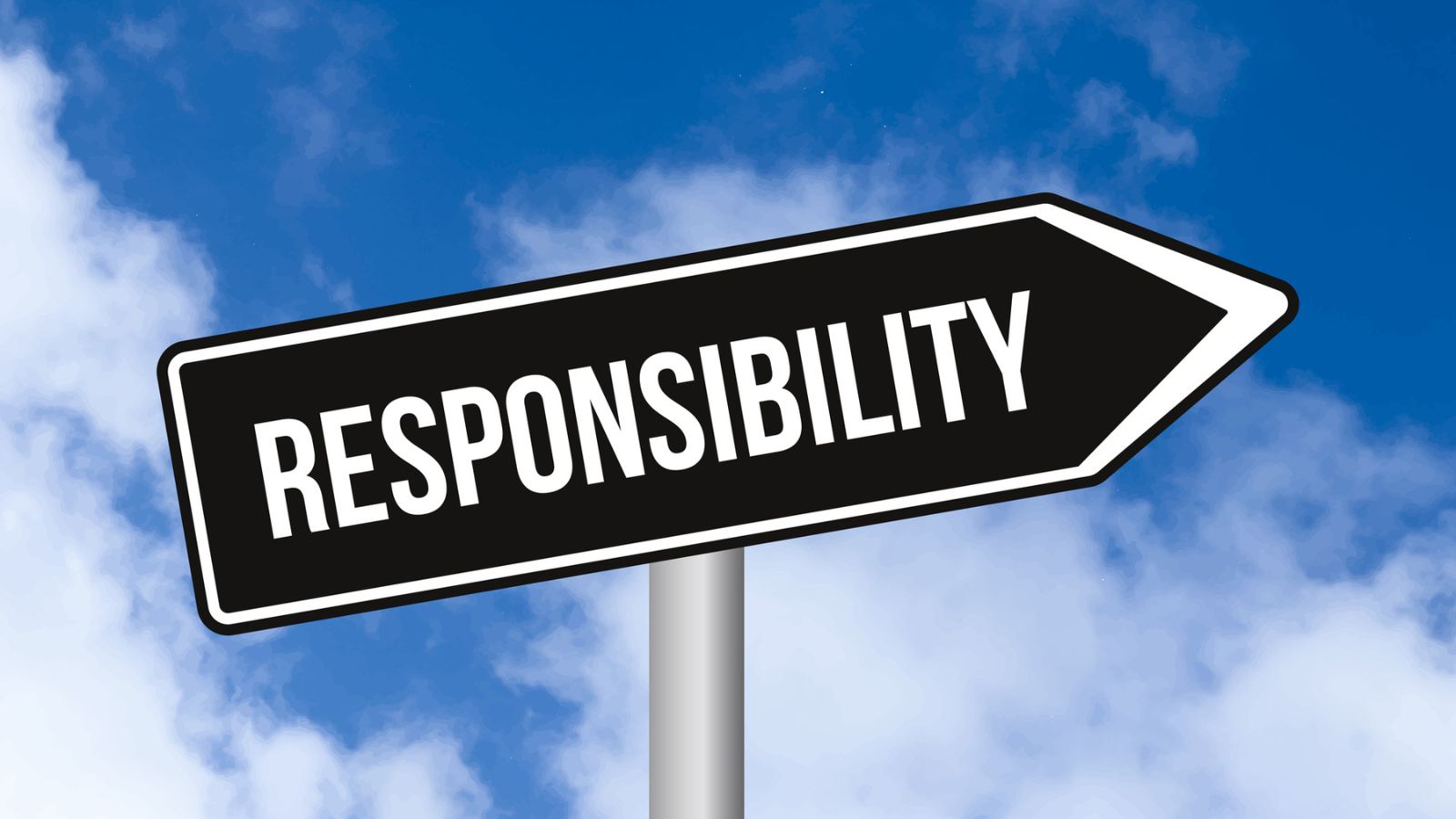
Judge Carney cited Supreme Court Justice Louis Brandeis, advocating for dialogue and expression over censorship.
This stance emphasizes the government’s duty to protect free speech without bias.
Protecting Rights and Encouraging Dialogue

The decision serves as a reminder of the judiciary’s role in safeguarding constitutional guarantees.
It encourages a more inclusive approach to handling politically motivated violence.
Upholding Constitutional Guarantees
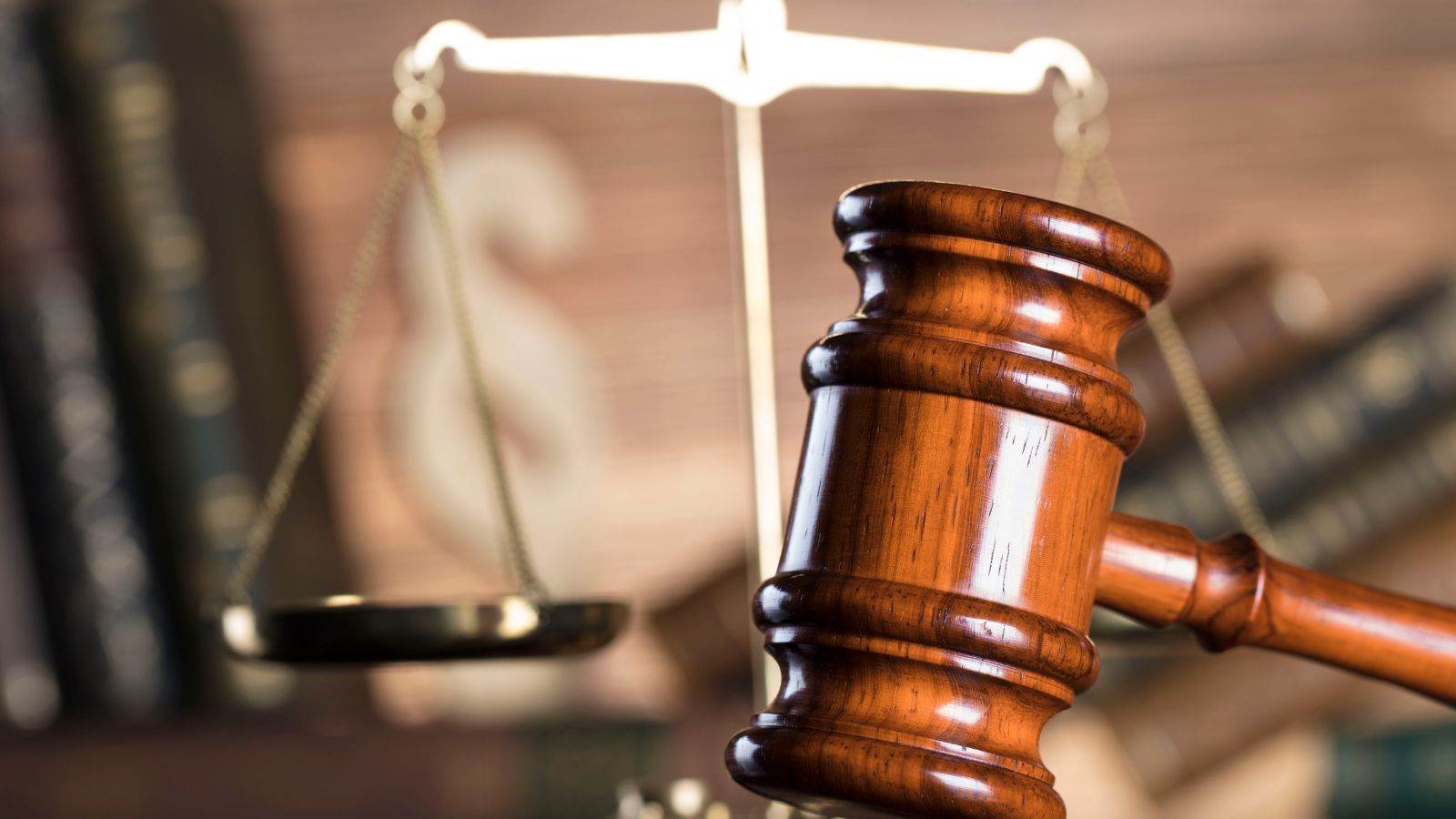
The case underscores the importance of an impartial legal system that respects the rights of all individuals.
It challenges the judiciary to maintain these principles in every case.
A Call for Fairness and Equality
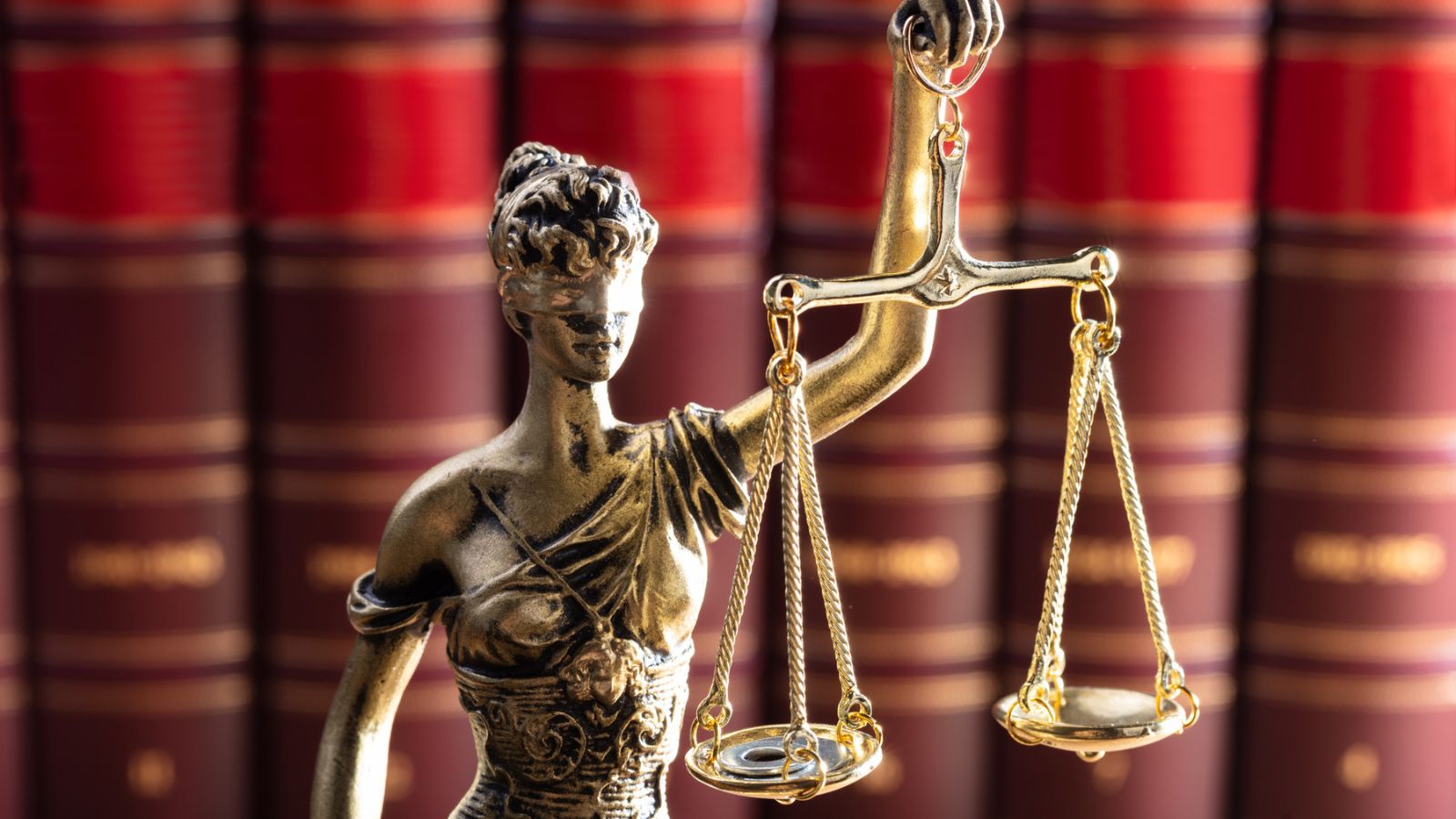
Judge Carney’s ruling calls on the legal system to treat all forms of speech and assembly equally under the law.
It sets a precedent for future legal considerations involving politically charged activities.
Read More From The Stock Dork
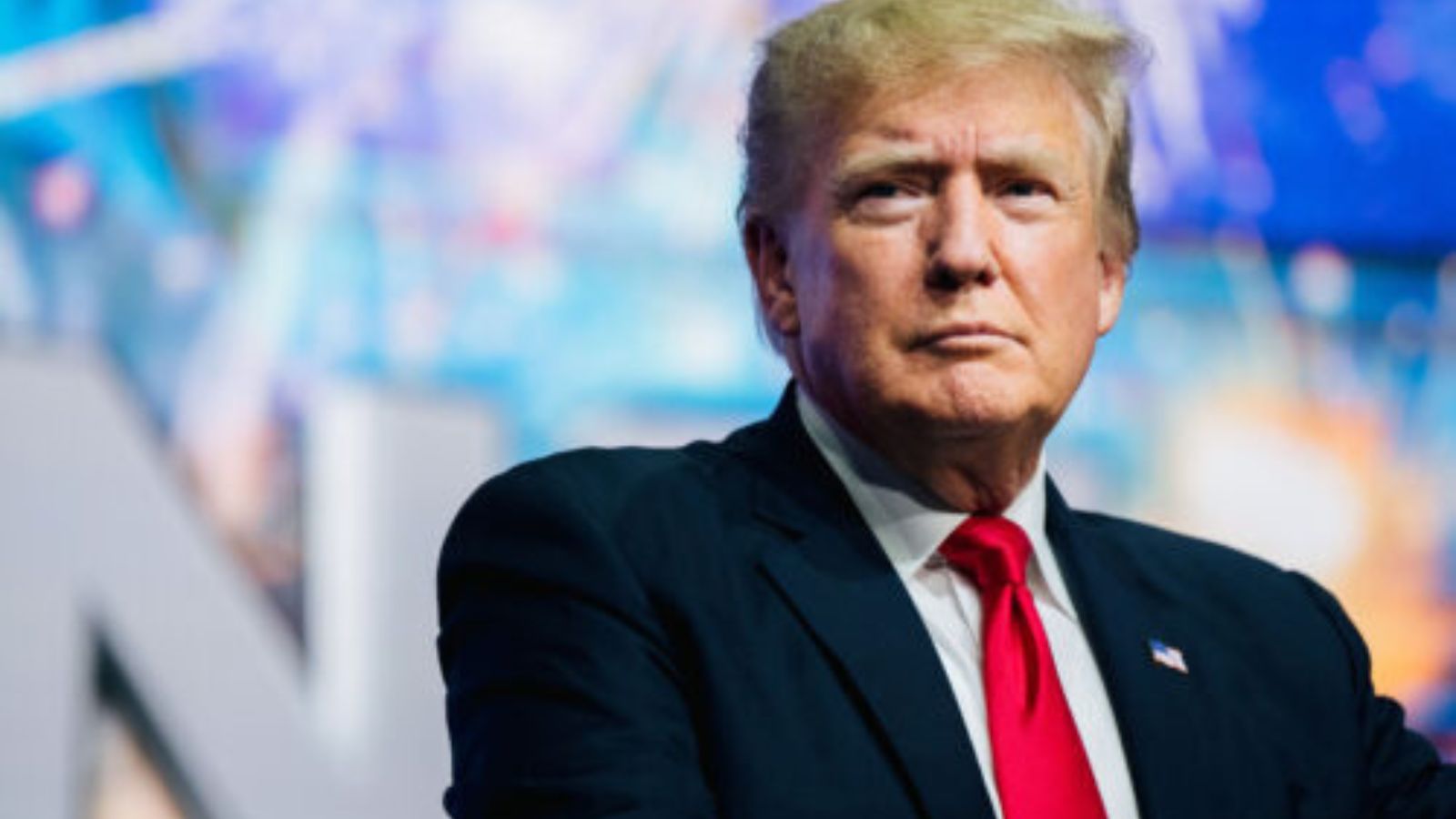

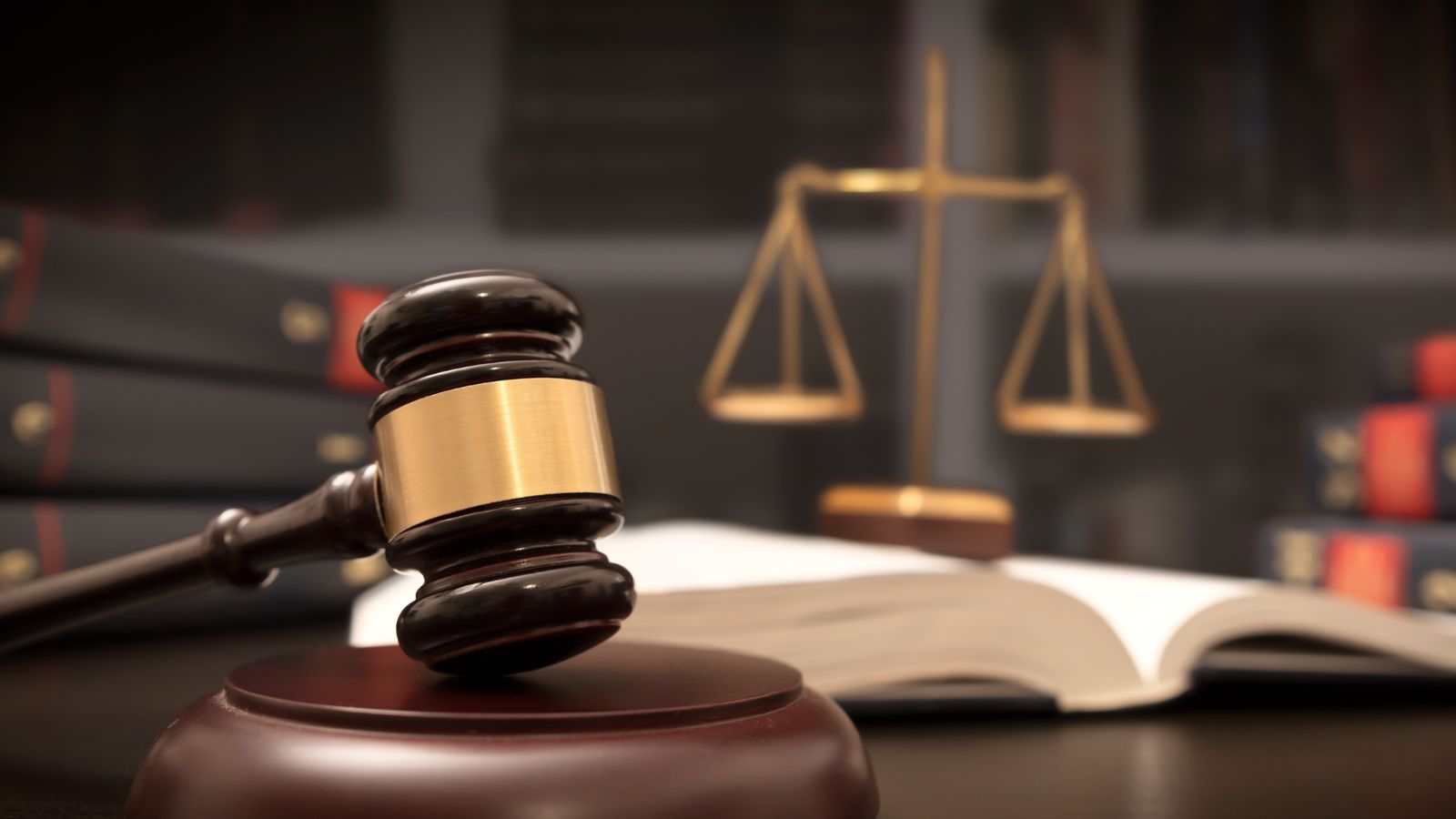
 Tags:
Tags:










